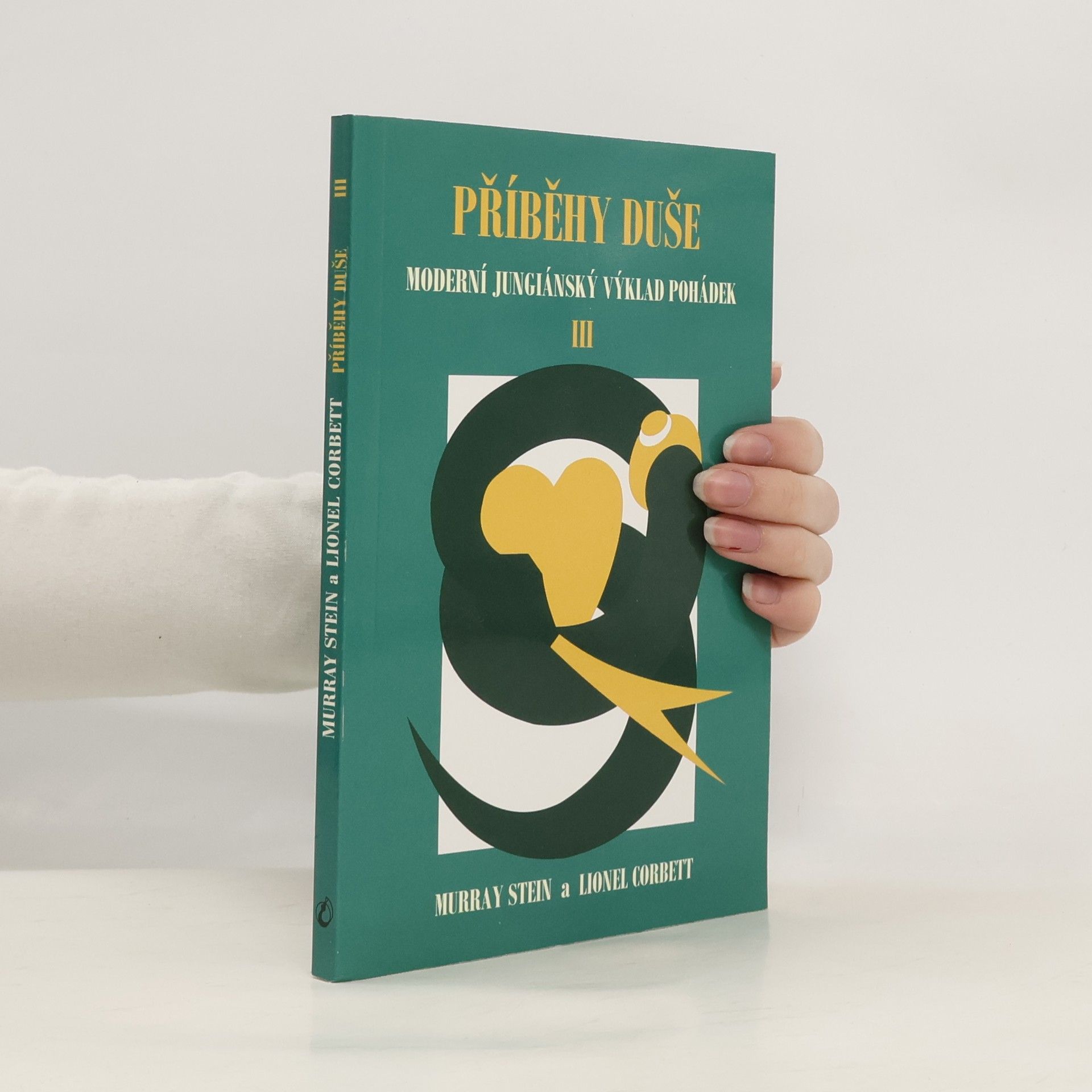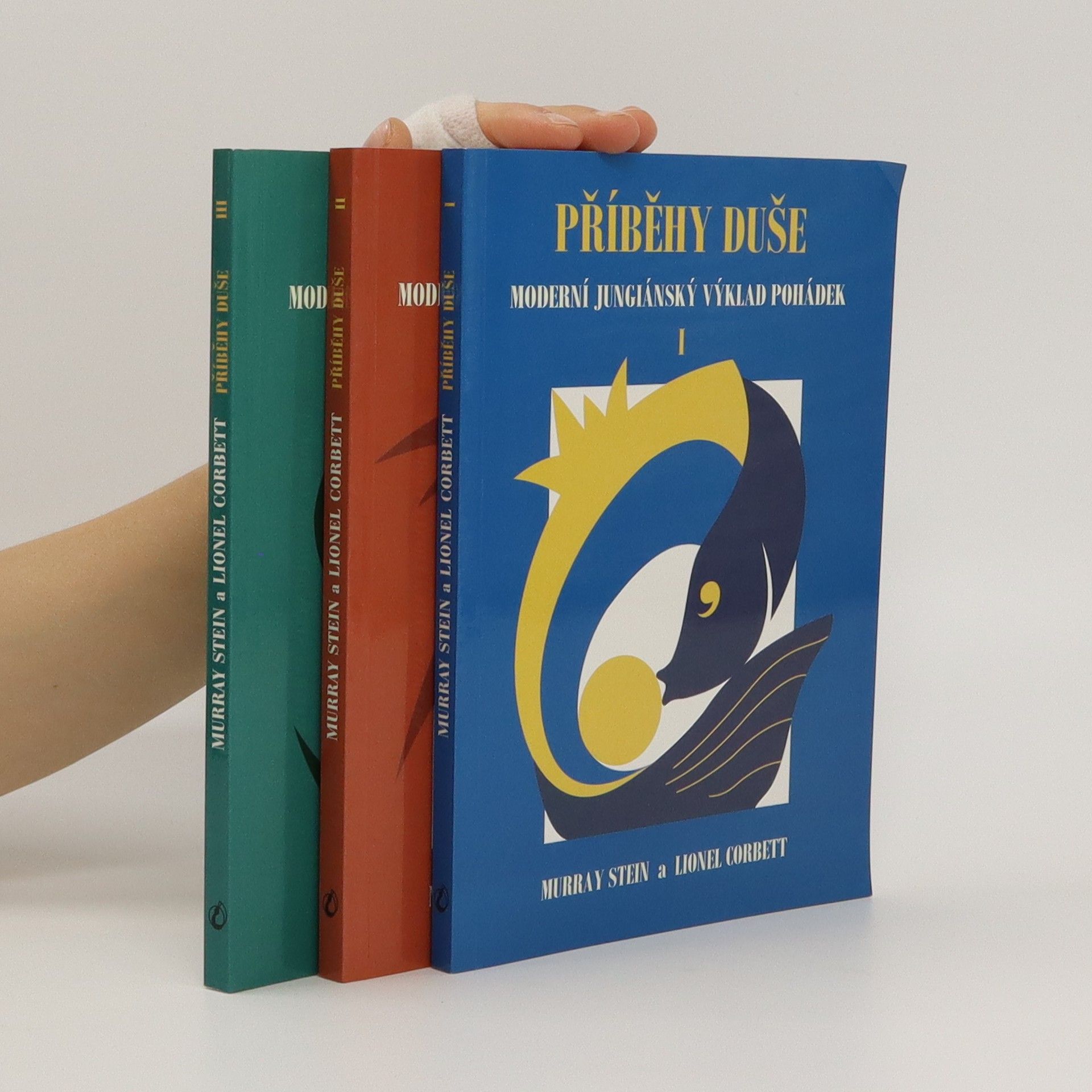Exploring the evolution of divine imagery, the book traces the journey from ancient conceptions of God to Jung's idea of the Self, representing an inner divine presence. It examines how the Self has been externalized into various local deities throughout history, each embodying distinct traits and names. Ultimately, it emphasizes Jung's perspective of these deities as reflections rooted in the objective psyche, challenging traditional views of their existence in a separate heavenly realm.
Lionel Corbett Books







A Jungian and Psychoanalytic Approach to Biblical Myth and Religion
- 222 pages
- 8 hours of reading
Exploring the psychological processes behind biblical narratives, this book delves into the complex interplay between human behavior and theological concepts. It examines how these stories inform and shape understanding of faith, morality, and the human condition, offering insights into the motivations and emotions of biblical characters. The author also engages in theological speculation, providing a deeper analysis of the implications of these narratives on contemporary belief systems.
‘Jung’s Philosophy’ explores some of the controversial philosophical ideas that are both explicit and implicit within Jung’s psychology, comparing the philosophical assumptions between this and other psychotherapeutic traditions.
Příběhy duše : moderní jungiánský výklad pohádek. III
- 148 pages
- 6 hours of reading
Kniha je pokračováním I. a II.svazku celkem třídílného souboru výkladu pohádek jejichž sjednocujícím faktorem je analytická psychologie, soubor teorií a praktických znalostí vycházejících a opírajících se o dílo C. G. Junga. ISBN 978-80-85880-48-2 (Nakl. Tomáše Janečka, chybné) ISBN 80-903715-0-7 (soubor)
Příběhy duše I.
- 178 pages
- 7 hours of reading
Autoři, praktikující psychoterapeuti a lékaři, se s láskyplnou starostlivostí o lidskou duši pokusili každý prostřednictvím své oblíbené pohádky přispět k alespoň částečnému odhalení podstaty psýché, které by v praxi mohlo pomoci zvýšit kvalitu života a pochopit problematické stránky lidské osobnosti. ISBN 80-903715-0-7 (soubor)
Příběhy duše II
- 194 pages
- 7 hours of reading
Příběhy duše II jsou pokračováním Příběhů duše I. Další autoři dostali stejná zadání: vyjádřit svůj vztah k pohádkám a podat jejich osobní interpretaci. Jak bylo uvedeno v anotaci k Příběhům duše I, pohádky jsou hlubokým zdrojem přirozené lidské moudrosti, vždy provázely a i dnes provázejí člověka na jeho životní cestě.
Příběhy duše I.-III.
- 3 volumes

